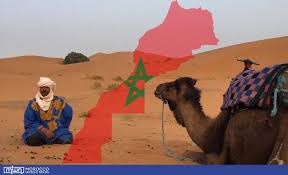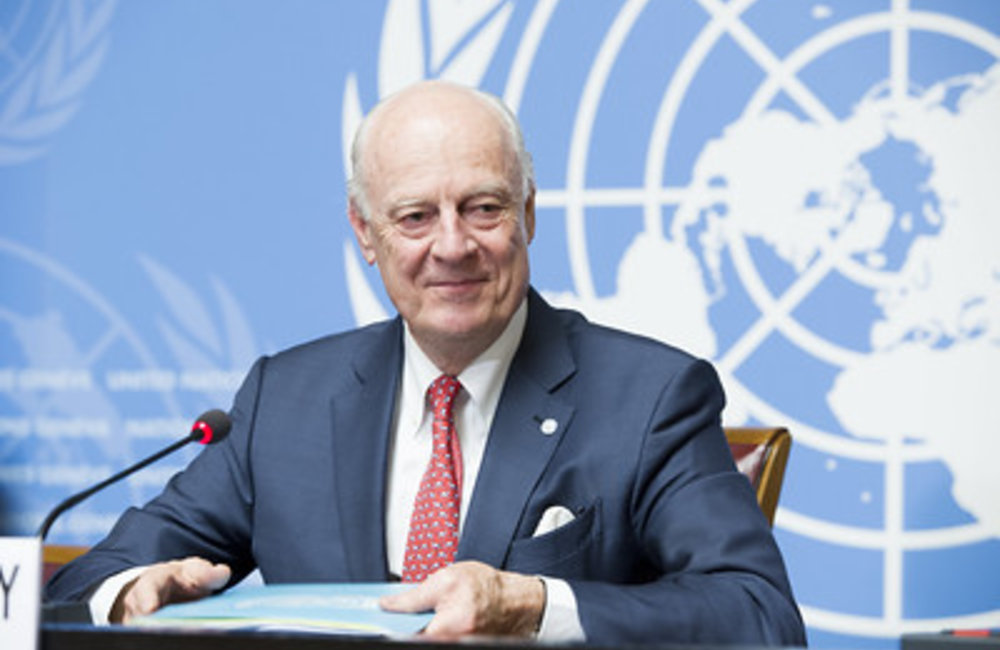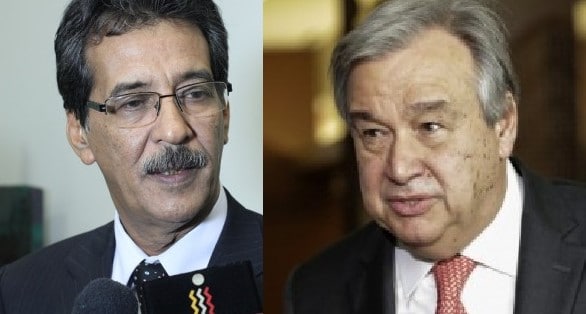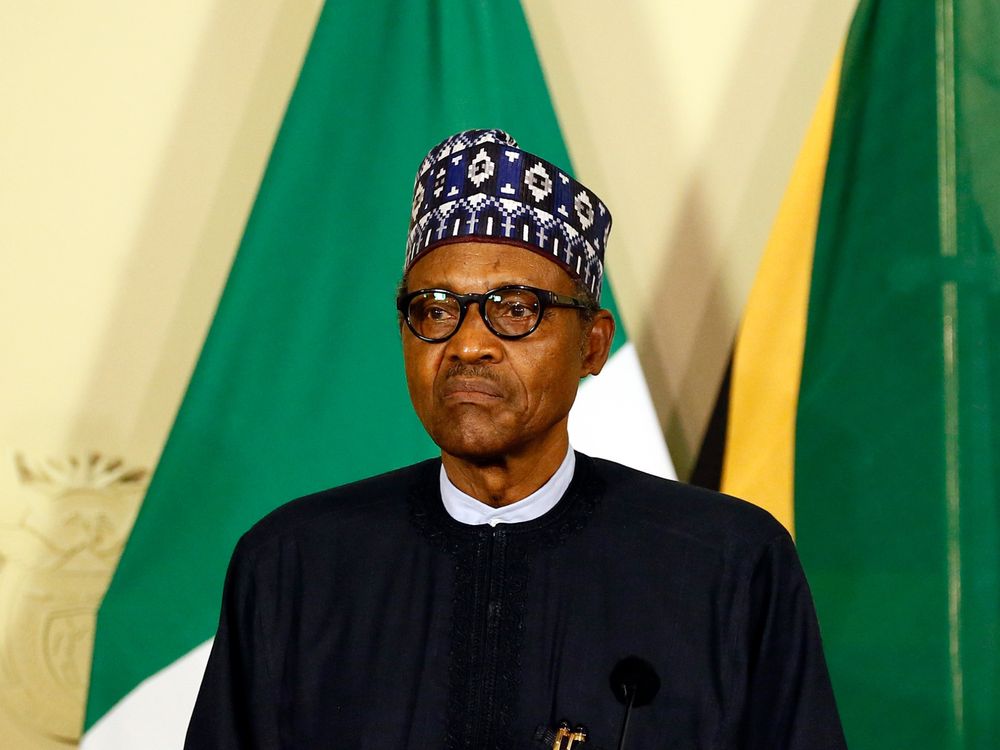New York hosted an international research seminar on territorial autonomy and the devolution of legislative powers.
The seminar, organized by Morocco’s Permanent Mission to the United Nations, was attended by leading experts, researchers and academics from Switzerland, France, Spain, the United States and Mauritius as well as by about fifty diplomats, senior UN officials and media accredited to the United Nations.
This meeting offered the opportunity to compare the autonomy initiative proposed by Morocco for the Sahara region with other autonomy experiences in the world, especially in terms of devolution of legislative powers in autonomous regions.
The seminar, which was moderated by Marc Finaud, Senior Advisor at the Geneva Center for Security Policy, provided opportunity to share the experiences of the Canary Islands, New Caledonia, Puerto Rico and Rodrigues Island.
In his opening speech, Marc Finaud recalled the provisions of the Moroccan Initiative for the autonomy of the Sahara region, that “has been described,” he said, “as serious and credible in more than a dozen resolutions of the UN Security Council, and approved by a growing number of countries.”
The Moroccan Initiative includes several provisions that guarantee the exercise of legislative power in the Sahara region, he said, reviewing the guarantees established in Articles 5, 12, 19, 20, 22 and 24. “The Moroccan proposal for the Sahara region is generous. It is, moreover, open to negotiation and can be developed and completed.”
In his presentation, Dr. Joan-Josep Vallbé, professor of political science at the University of Barcelona, presented the development of the legislative system in the Canary Islands since they were granted autonomy in 1982, and surveyed the major reforms introduced in 1996 and 2018.
He stressed that the legislative power of the region belongs to the regional parliament, which exercises the legislative function in full autonomy, without interference from the central government.
Referring to the Moroccan Autonomy Initiative, he described Article 12 as “too open”, proposing to establish a list of areas of exclusive competence of both the central government and the region. On the other hand, he welcomed the guarantees offered in Article 19, particularly in terms of active participation of local populations and adequate representation of women.
For her part, Carine David, professor of law at the University of the West Indies in France, compared the legislative powers of New Caledonia with those provided for in the Moroccan autonomy initiative, noting that the primary function of the Congress of New Caledonia is the exercise of legislative power, materialized by the power granted to the local Assembly to adopt laws.
The State, having been divested of the competences it has transferred to New Caledonia, in an irreversible way, can no longer intervene in these matters, Carine David said, pointing out moreover that the parity between men and women is respected in the New Caledonian context. She suggested in this connection that the Moroccan Initiative gives more details on the “appropriate female representation” it refers to.
For his part, Dr. Jorge Farinacci Fernos, professor of law at the University of Puerto Rico, spoke at length about the different aspects that mark the relationship of Puerto Rico with the United States of America, in the context of its exercise of legislative power on local issues.
He also made a comparative exercise between the constitutional status of Puerto Rico and that of the different states that make up the United States. Regarding the Moroccan Autonomy Initiative, he focused on Articles 5, 6, 12, 14, 15, 16, 17, 19, 20 and 24, which, for him, are the most relevant articles to the exercise of legislative power in the Sahara region.
He described the definition of the “Statute of Autonomy of the Region”, highlighted in Article 24, as “the very foundation of the Initiative”. In the case of Puerto Rico, there are several structural limitations that impede the exercise of legislative powers, he noted, explaining that the U.S. Congress exercises the power to unilaterally modify its agreement with Puerto Rico or to abolish it completely.
Head of the law department at the University of Mauritius, Marie Valerie Uppiah, presented one of the African examples of devolution of legislative powers, discussing the case of the autonomous territory of Rodrigues Island, which obtained its autonomy from Mauritius in 2002.
In this context, she explained that the autonomous status allows Rodrigues Island to set up its own system of governance. Along with the three branches of government that exist in Mauritius, Rodrigues Island has established its own institutions that govern and regulate its administration, including a regional assembly with legislative power, commissions that manage the executive, and courts that are part of the judiciary, she said.
At the same time, she stressed that “the Moroccan autonomy initiative is an appropriate solution for the Sahara region”, as “it has various advantages for both Morocco and the constituents of the Sahara region”.
She explained that autonomy will give the Sahara region more powers and capabilities to conduct its own internal affairs, as it includes, among others, the legislative, executive and judicial powers, which are the three fundamental powers necessary for good governance and administration of any state.



